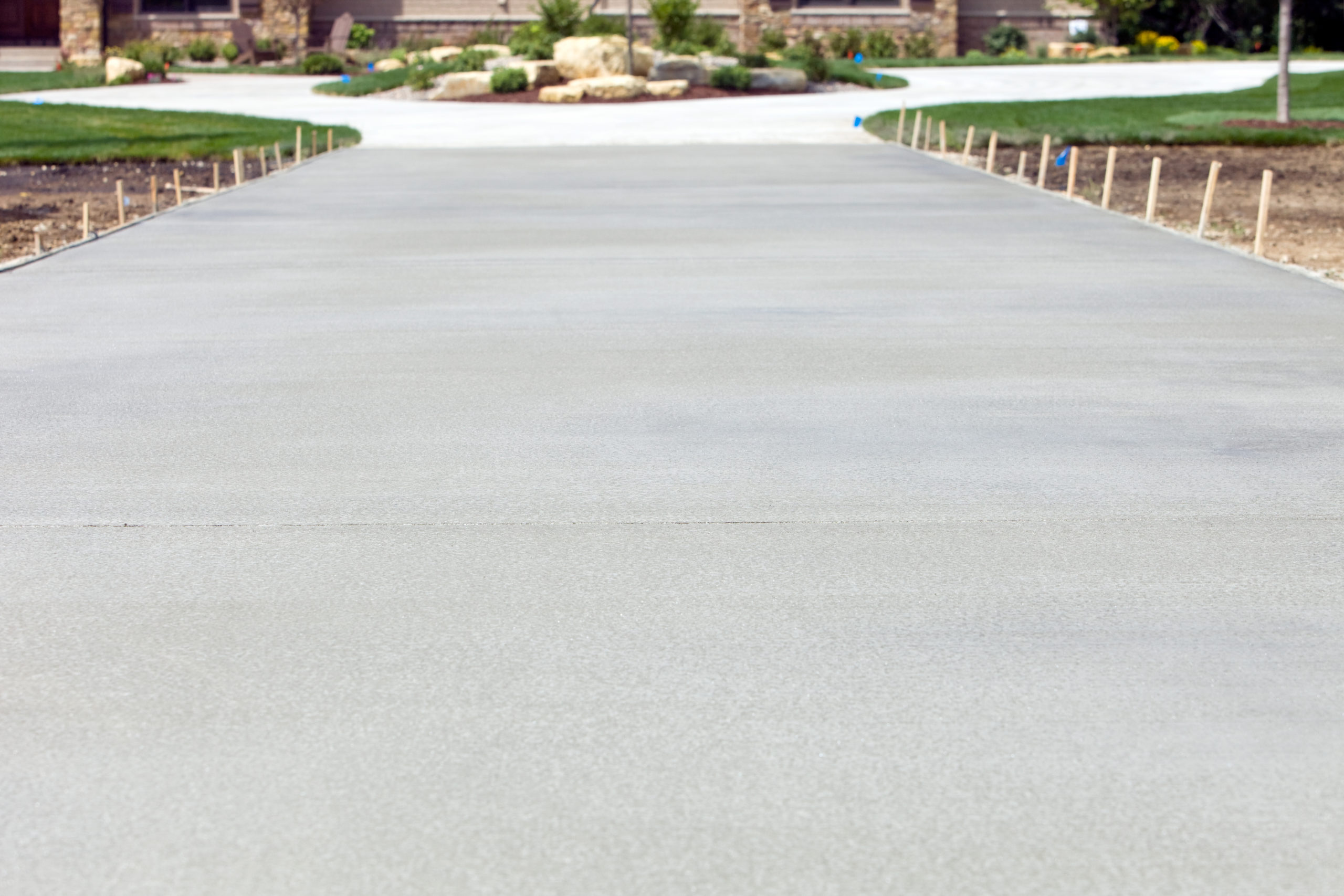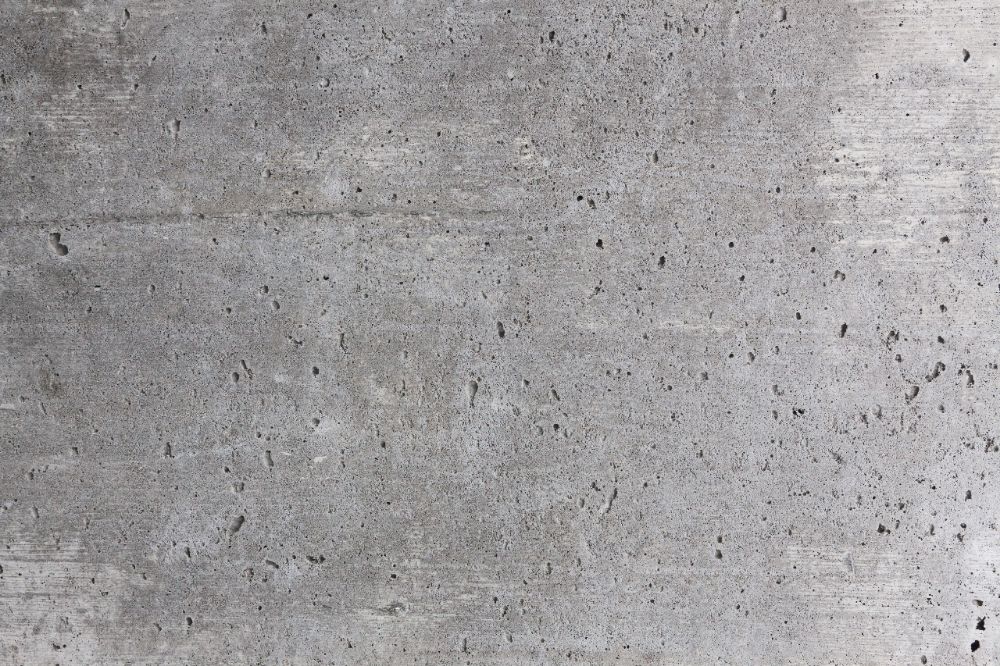Experienced Concrete Contractors: Relied On for Top Quality and Performance
Experienced Concrete Contractors: Relied On for Top Quality and Performance
Blog Article
Unveiling the Eco-Friendly Advantages of Making Use Of Recycled Concrete in Lasting Building Practices
In the realm of lasting building methods, the application of recycled concrete stands as a critical yet frequently undervalued source. Beyond its conventional applications, recycled concrete deals a myriad of eco-friendly benefits that expand much beyond the boundaries of standard building materials.
Ecological Advantages
Undoubtedly, one of one of the most substantial benefits of using recycled concrete is its favorable influence on the environment. By incorporating recycled concrete into construction practices, there is a substantial decrease in the requirement for new raw products, causing preservation of natural deposits. This procedure aids in protecting accumulations, water, and power that would have been utilized in generating new concrete. Additionally, making use of recycled concrete diminishes the amount of waste being sent out to garbage dumps, consequently reducing ecological air pollution and minimizing the pressure on garbage dump abilities.

In contrast, recycled concrete has a reduced carbon footprint as it lowers the demand for new concrete manufacturing. Overall, the ecological benefits of using recycled concrete are considerable and play a critical function in advertising eco-friendly building approaches.
Cost-Efficiency
When assessing the application of recycled concrete in building jobs,Accomplishing cost-efficiency is a vital consideration. One of the crucial advantages of using recycled concrete is its cost-effectiveness contrasted to traditional concrete. The production of recycled concrete entails much less energy and sources as it makes use of existing materials, reducing the total project costs dramatically. In addition, the schedule of recycled concrete locally can further reduce transportation expenditures, making it a much more economical option for construction jobs.
Furthermore, making use of recycled concrete can lead to financial savings in land fill costs by diverting concrete waste from disposal sites. This not only lowers the ecological effect yet likewise gets rid of the costs connected with waste removal. Moreover, the resilience and efficiency of recycled concrete are similar to standard concrete, ensuring that cost financial savings do not jeopardize the high quality of the building.
Longevity and Strength
Thinking about the considerable cost-efficiency benefits of making use of recycled concrete, it is essential to analyze its sturdiness and stamina in building applications. Recycled concrete offers similar, if not premium, durability and strength buildings to traditional concrete. Via improvements in processing strategies and top quality control, recycled concrete can satisfy or go beyond the efficiency standards of conventional concrete. click this link The process of recycling concrete includes crushing, sorting, and screening old concrete to generate aggregates that can be utilized in new construction tasks. These recycled accumulations are qualified of offering satisfactory compressive stamina, longevity, and long-term performance.

Waste Decrease
When it comes to using recycled concrete, waste see here decrease is a crucial advantage that adds substantially to environmental preservation. By integrating recycled concrete right into building and construction projects, this waste is repurposed and drawn away from landfills, reducing the overall ecological effect of construction activities.
Furthermore, the use of recycled concrete can lead to cost financial savings for building and construction jobs, as it is often more budget friendly than sourcing and transporting new materials - Concrete. In conclusion, waste read this post here reduction through the utilization of recycled concrete is a vital part of sustainable construction methods that benefits both the building and construction and the atmosphere industry as a whole.
Energy Preservation
When it comes to using recycled concrete in construction, significant power cost savings are accomplished compared to typical concrete manufacturing. The process of producing recycled concrete entails reusing and squashing existing concrete materials, which consumes much less energy than mining, handling, and transporting raw products for new concrete production.
Verdict
Finally, the utilization of recycled concrete in lasting building methods provides countless ecological advantages, cost-efficiency, sturdiness, strength, waste reduction, and power preservation. By including recycled concrete right into building projects, we can add to a more lasting and environmentally pleasant future. It is vital for the construction market to focus on the use of recycled products to help in reducing the environmental influence of building tasks.
One of the essential benefits of utilizing recycled concrete is its cost-effectiveness compared to standard concrete.Moreover, the use of recycled concrete can lead to financial savings in landfill expenses by drawing away concrete waste from disposal sites. The toughness and performance of recycled concrete are similar to standard concrete, ensuring that expense financial savings do not compromise the quality of the building.
:max_bytes(150000):strip_icc()/GettyImages-941748918-5c7f3654c9e77c00012f82f6.jpg)
Report this page